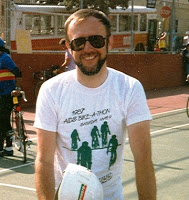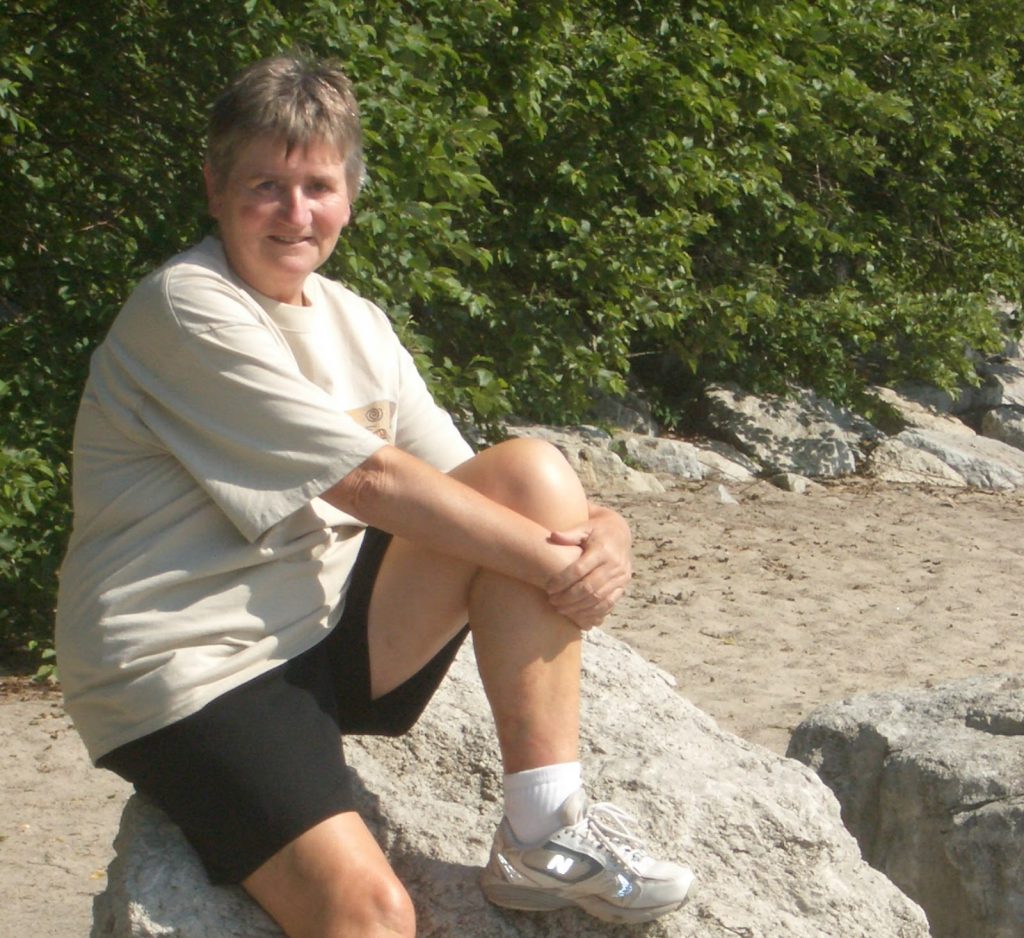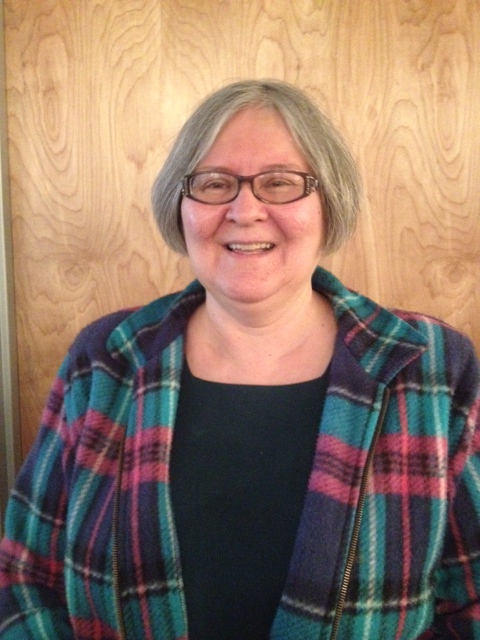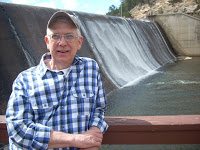My what a slippery concept “the essence of GLBTQ” is as I begin to think about it. Much of my gay adult life has been spent in pondering this but pretty exclusively from the perspective as a gay man. It was work with the Radical Fairies where cultivating our difference, our otherness, was often the stated goal. My thinking in this area has been most emphatically influenced by Harry Hay but also by John Burnside, Don Kilhefner, Mitch Walker, James Broughton, Mark Thompson and Will Roscoe along with many other Fairies brothers.
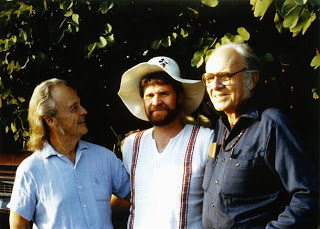 |
| John Burnside, Pat Gourley, Harry Hay, 1983 Photo by David Woodyard |
We know we are different, most of us from a very early age, but the questions have always been ‘how?’ and ‘does it go beyond the bedroom?’ Are we primarily shaped as little queer beings in response to societal pressures and oppressions or is their something much more intrinsic? Are we really “born this way” and then of course certainly flesh out individual responses to our otherness in part based on how we are received by parents, siblings, peers and the larger society? This debate today is largely mute as far as the masses of LGBTQ are concerned and occurs if at all really only in rarified academic, queer and mostly University connected enclaves. The take over of the LGBTQ liberation movement by the issues of military service and marriage equality have at least superficially provided us with an escape valve in the form of the meme “we are no different from anyone else and we’ll prove it if you just give us our rights”.
We have as a group largely abandoned pursuing the old Mattachine questions of ‘who are we,’ ‘where do we come from,’ and most importantly ‘what are we for?’ And perhaps this is OK; life does present more than enough daily struggles that can legitimately keep us from philosophizing about our intrinsic natures. The economic benefits alone that can come from marriage equality are real and beneficial for many. However, that we would need the hetero establishment to validate our relationships seems to me to have a bit of a pathetic groveling component to it.
Harry Hay would on occasion taunt those listening to him by twisting around the old bromide of “we are just like you except for what we do in bed” to and I am paraphrasing here “we need to realize that the only thing we have in common with straight people is what we do in bed”.
Hay used to talk frequently about our unique “gay windows” on the world. We see the same world as straight people do looking out of their windows but the view can be very different. This different window has the potential to provide us with outlooks and viewpoints that potentially could be very different in a beneficial way to society.
I think the above Monette quote is a great concrete example as to how that might look. I do not mean to imply that we have the market cornered on empathy as a result of the oppression we have experienced. The world seems to have lots of oppression to go around and I am sure that it can at times invoke great empathy in the compassionately oppressed. We GLBTQ are however uniquely exposed to it often in our own biological families and in our own communities. So often our oppression comes from within our “inner circle” if you will rather than from without. Ironically perhaps this is our greatest gift and can provide us with something “uniquely foreign” to bring to the human banquet, a very broad definition of what it is to be human and the great joy that can convey.
Let me venture far out on a limb with a very sharp saw. Hay had preached for many years that we are actually a separate people but in later years he began to refine this into the possibility that we are actually a separate gender. He began speaking in terms of a third gender. Not intending to piss anyone off here I think we could safely take this and run with it i.e. why not 4th and 5th and 6th genders as well. For a much more detailed and nuance discussion of the “other genders’ concept I would refer to Radically Gay and the section entitled “Our Third Gender Responsibilities”.
In being questioned by Mark Thompson in an interview with Hay published in the 1995 anthology Gay Soul the topic of third gender came up and in one partial response to a question from Thompson, Harry used a metaphor for us that is I think very beautiful and on topic for today.
“…I believe that gays are a specific development of humanity who have a specific contribution to make to the culture. We’re about multidimensionality, among other things. You might say we are the feathers on the wing.” Harry Hay, 1995.
I’d like to close by saying that coming here every week and interacting in such an intimate fashion with you all reinforces for me repeatedly just how we are all the feathers on the wing.
Denver, July, 2013
About the Author
I was born in La Porte Indiana in 1949, raised on a farm and schooled by Holy Cross nuns. The bulk of my adult life, some 40 plus years, was spent in Denver, Colorado as a nurse, gardener and gay/AIDS activist. I have currently returned to Denver after an extended sabbatical in San Francisco, California.

